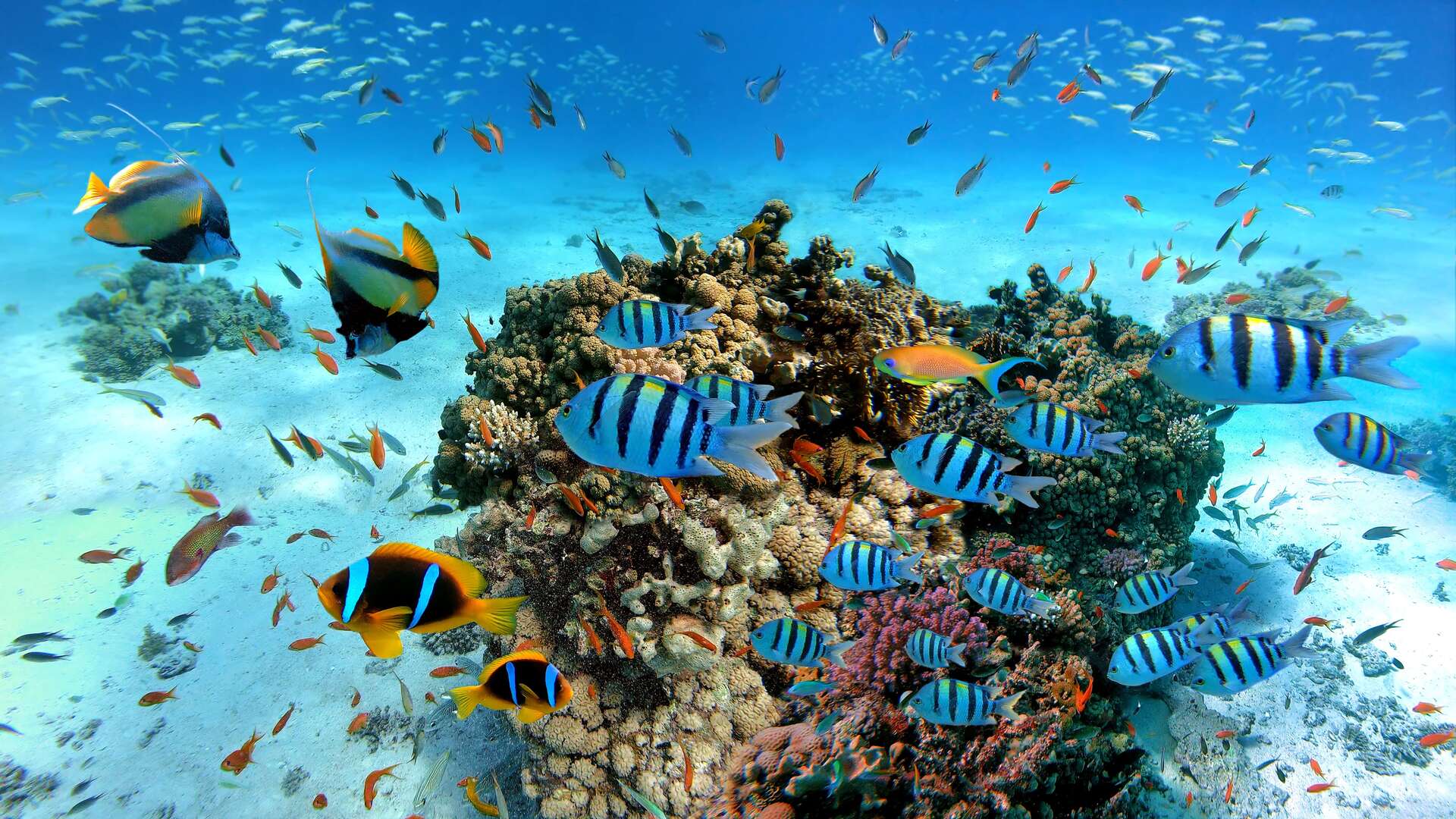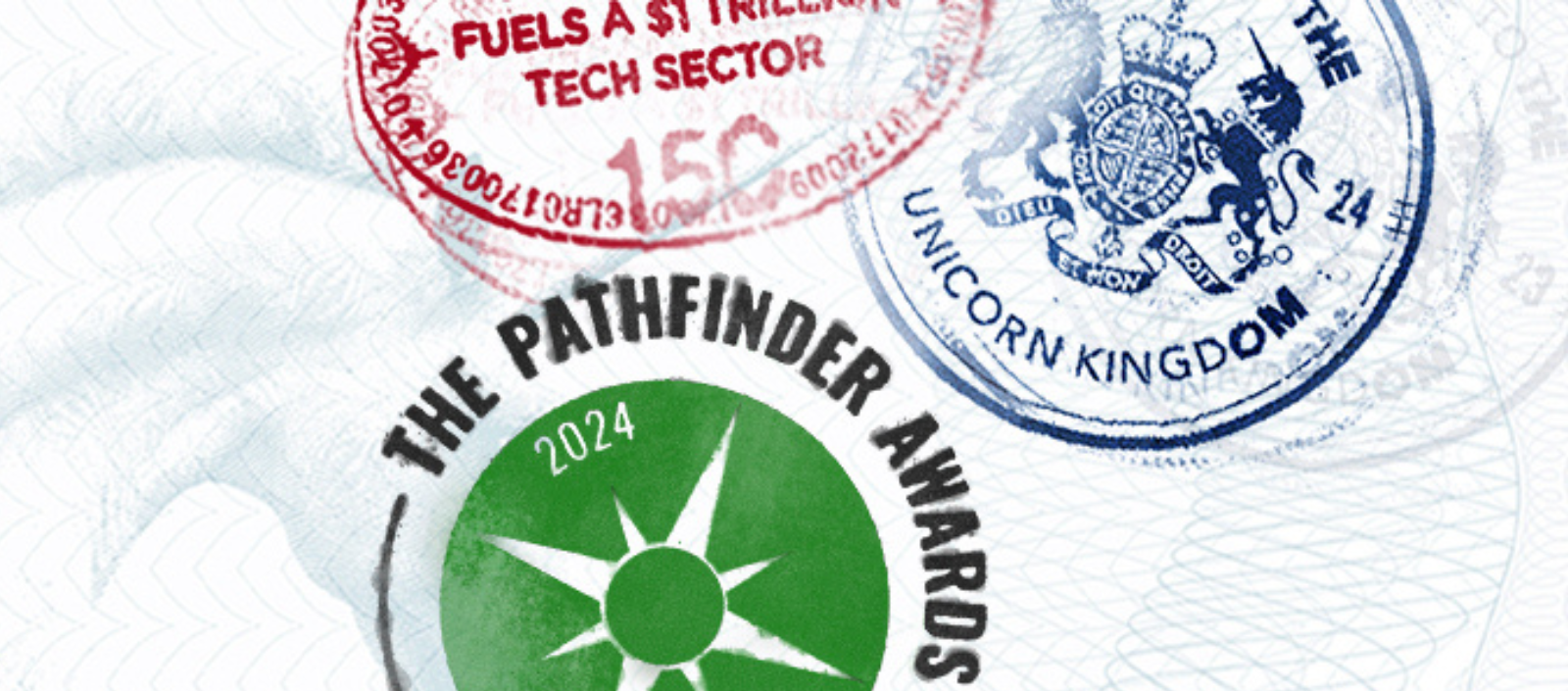This is the crazy Ocean Census project: discovering 100,000 new species in just 10 years! A huge challenge because marine life thrives mostly in secret, while we only know about a very small proportion of the species that inhabit the oceans.
you will also be interested
[EN VIDÉO] Visualize the depths of lakes, seas and oceans in 3D 3D animation that allows you to compare the different depths of bodies of water on Earth. ©…
Discovering 100,000 new marine species in the next decade: is it feasible? According ocean Census, Yeah ! But with substantial resources: a global collaboration between scientists announced on Thursday, April 27, numerous expeditions planned, all to speed up the census of species. Led by scientists from the UK and Japan, the main goal of the mission is to surprise the general public about marine biodiversity. Because protecting a world we don’t know is much more difficult to accept.
“We are in a race against time to discover marine life before it is lost to future generations. The census of the oceans will create an immense wealth of freely accessible knowledge that will benefit and support all life on Earth, for humanity and our Planet.”said Yohei Sasakawa on the site ofocean censusPresident of The Nippon Foundation, which partially finances the project.
Other similar programs have already emerged such as The Challenger Expeditions between the years 1872 and 1876 or again, some years ago, marine Life Census, that allowed to identify 1,200 new species between 2003 and 2010. Therefore, the extension is hardly comparable, ocean census with the goal of discovering 10 times as many species in a decade. The site explains that approximately 2,300 new discoveries are made each year, a number that has not changed since the 1800s. However, in total, only 240,000 marine species have been discovered, out of an estimated 2.2 million species.
Use the dispersal of genetic material in the environment.
Among the technologies that will be used to reach the goal of 100,000 discoveries are high-resolution underwater imaging, machine learning (machine learning) and DNA sequencing techniques. The idea: speed up the identification of species and their classification. Because, Alex Rogers, scientific director of the project and biologist, explains in a press release, “Currently, it takes one to two years or several decades to describe a new species after scientists have collected it; but, by using new technologies and sharing the knowledge gained through cloud-based approaches, it will only take a few months. »
In addition to the discovery of new species, the project aims to understand the adaptation of marine ecosystems to global warming. Dozens of expeditions to biodiversity hotspots will provide more information, all with results freely available to all scientists. “I hope that after 10 years we have made incredible scientific discoveries, perhaps completely new ecosystems”Alex Rogers said CNN at the launch event in London on Thursday 27 April.

“Total social media fan. Travel maven. Evil coffee nerd. Extreme zombie specialist. Wannabe baconaholic. Organizer.”







